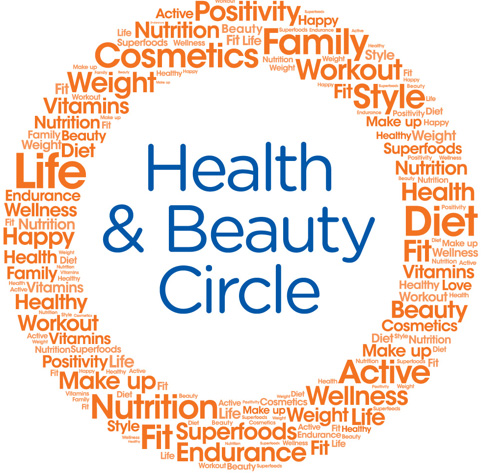Are you taking care of your bones?
Shop The Circle
Simply sign up below!
°Refer to website for terms and conditions of use. Good Price Pharmacy respects your privacy and will ensure that your information is safe and won't be shared.

Tara Beecher M.Pharm
(Read time 1 min 30 secs)
Your bones support your body but are you supporting them? Did you know that in Australia, half of women and a third of men over the age of 60 have osteoporosis? Osteoporosis is a condition where bones become brittle and more likely to break.
Even though osteoporosis predominantly affects older people, you are never too young to be thinking about your bone health. In fact, making changes early can help reduce your risk of developing osteoporosis in your later years.
No doubt at some stage in your life you have been told to drink milk to make your bones strong. This is because a diet rich in calcium is important for bone health. You don’t just have to drink milk to get calcium, it can also be found in several foods including other dairy products, almonds, green leafy vegetables, oily fish and tofu. Most people require at least 2 to 3 serves of calcium-rich foods a day to keep their bones healthy. Do you think you’re reaching your calcium intake in a day? Take the calcium test and find out.
Vitamin D is also essential for healthy bones as it helps with calcium absorption. Your body makes vitamin D when you are exposed to the sun. The amount of sunlight needed depends on skin type, time of year, where you live and your lifestyle. You can take a vitamin D test to gauge whether you might be at risk of having low vitamin D levels.
Yet another reason to hit the gym! Exercise has been proven to have a beneficial role in maintaining and improving bone density. Weight-bearing and progressive resistance training, in particular, have been shown to help with bone strength. Not only does exercise increase bone strength, but it has been shown to reduce incidence of falls by building up muscle strength and improving balance. Most people are unaware that they have osteoporosis until they fall and beak a bone. Therefore, if we can prevent falls, we can prevent major breaks.
Other things you can do to keep your bones healthy include avoiding smoking, excessive alcohol consumption, high levels of caffeine and food that is high in salt.



